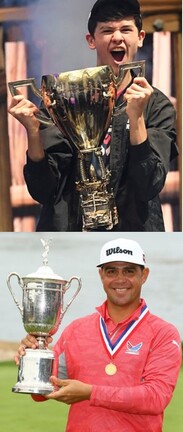
Michael Ward and Alexander Harmon use ESports “as a laboratory for understanding economic phenomenon”. In particular, they examine the distribution of prize money. They argue that the extreme skewness in earnings suggests that ESports exhibits characteristics of superstar markets. Using data to 2017 they list the most popular ESports games. Counter-Strike (and Counter-Strike: Global Offensive) top their list with 1,866 tournaments in the 21st Century and 11,686 professional players. Examining the distribution of prize money by country, Ward & Harmon show that China leads the way with over $64m. South Korea is second with almost $53m and the United States third with over $27m.
Using the economics of superstars, Ward & Harmon blend the discussion of ESports with that of other sports, artistic, and entertainment markets. They test three hypothesis. (1) Increases in the top prize money available to tournament winners will draw more amateurs into professional Esports. (2) Player success in Esports in highly uncertain even after accounting for observable factors affecting player ability. (3) Player with greater success will continue their professional career for longer. The results and discussion provides a useful lens of the phenomenon. I expect the Ward & Woodland paper to be a forerunner of many more on the topic. A glance at the references in the Ward & Harmon paper shows that papers are also starting to appear in other disciplines.
I also expect to read more papers with similar discussions of the data collection methods. Ward & Harmon say "Collecting relevant data from this website is a relatively straightforward process. ... the entire process can be automated using a programming language".
To put Esports prize money in context it is worth comparing the Fortnite prize money with that of the US Open golf tournament. The winner of Fortnite pocketed $3m whereas the US Open winner pocketed $2.25m. Second place in the Fortnite tournament earned as much as the winner of the US Open. Those ranked between 25th and 100th took home $50,000. It will be interesting to see if this gap increases.
 RSS Feed
RSS Feed